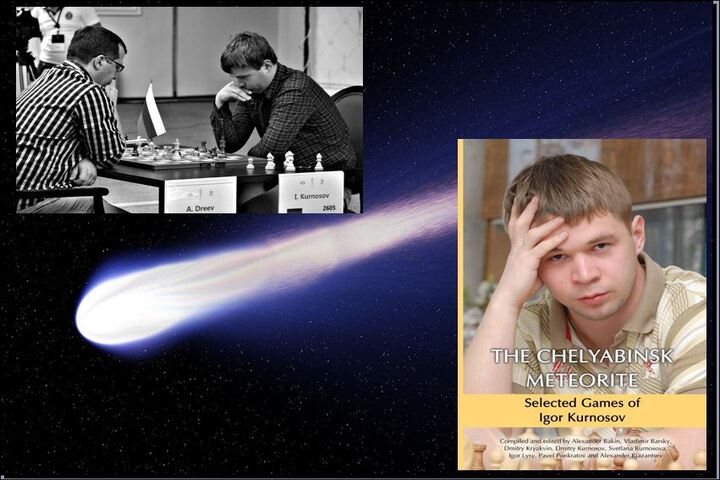The Selected games of Igor Kurnosov
A review
Just opening this book one can understand this is a work of love, friendship and collaboration between a large group of people. The book was created to celebrate and remember the short life of a very promising Grandmaster: Igor Kurnosov (1985-2013).
Chelyabinsk is famous for being GM Evgeny Sveshnikov's birthplace, and of course also Karpov was living nearby — the Urals are a region which has given birth to many famous players; the chess culture in that region is strong.
 The very best: the ChessBase package for professional standards. With Mega Database 2019, new endgame turbo on a USB stick and Corr Database 2018. Plus ChessBase Magazine (DVD + magazine) and CB Premium membership for 1 year!
The very best: the ChessBase package for professional standards. With Mega Database 2019, new endgame turbo on a USB stick and Corr Database 2018. Plus ChessBase Magazine (DVD + magazine) and CB Premium membership for 1 year!
ChessBase is a personal, stand-alone chess database that has become the standard throughout the world. Everyone uses ChessBase, from the World Champion to the amateur next door. It is the program of choice for anyone who loves the game and wants to know more about it. Start your personal success story with ChessBase and enjoy the game even more.In fact in western countries we don't have a clear idea of the richness of chess books produced in Russia, a country as big as a continent.
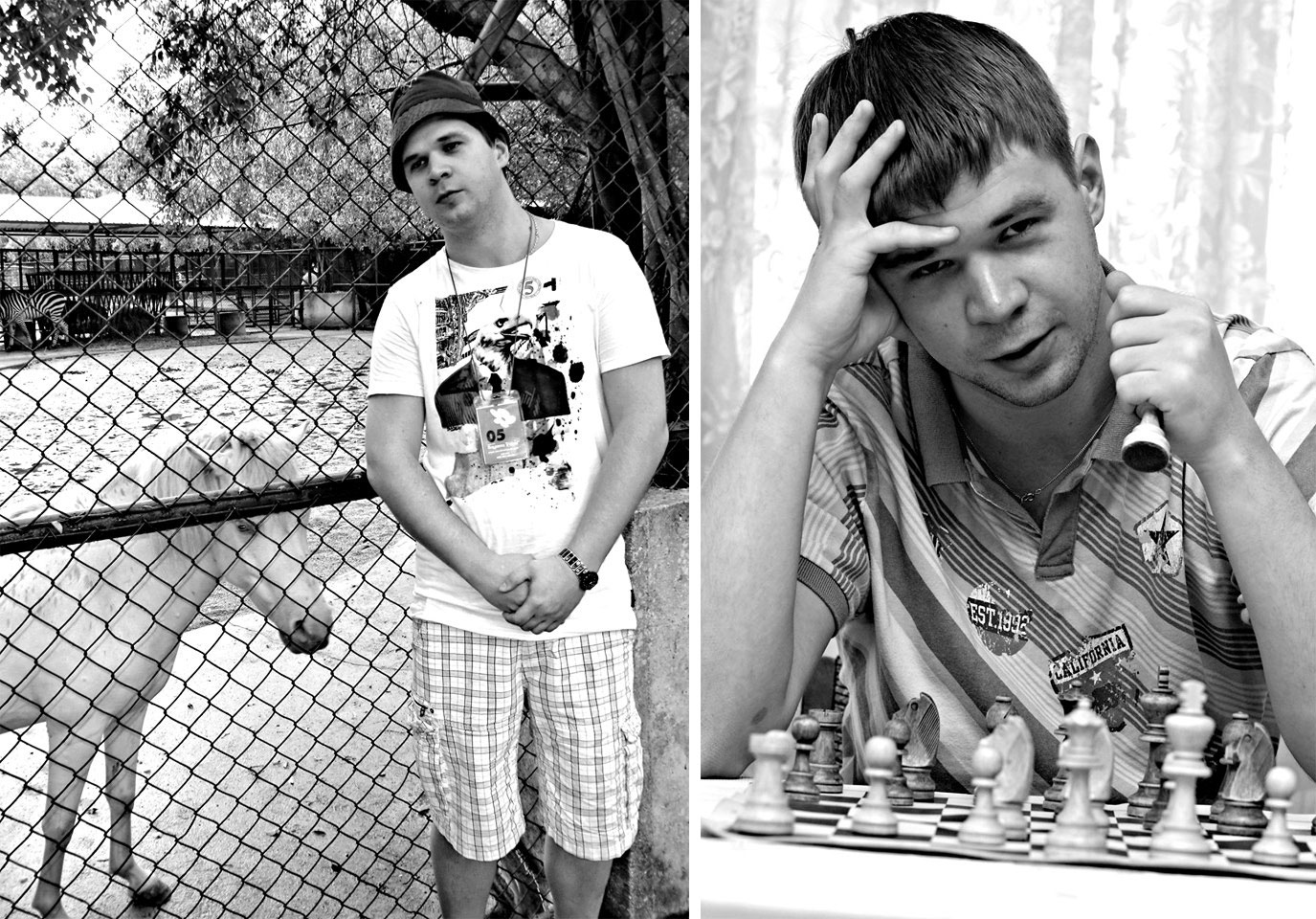
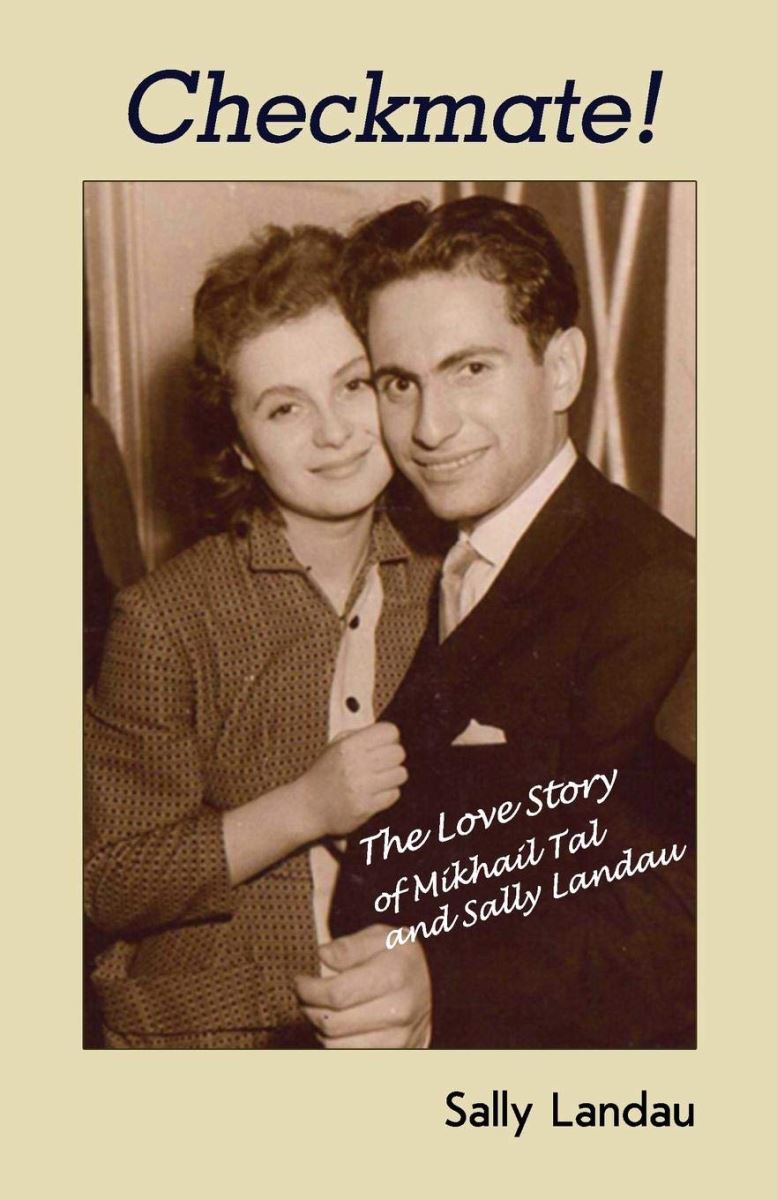
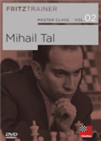 On this DVD Dorian Rogozenco, Mihail Marin, Oliver Reeh and Karsten Müller present the 8. World Chess Champion in video lessons: his openings, his understanding of chess strategy, his artful endgame play, and finally his immortal combinations.
On this DVD Dorian Rogozenco, Mihail Marin, Oliver Reeh and Karsten Müller present the 8. World Chess Champion in video lessons: his openings, his understanding of chess strategy, his artful endgame play, and finally his immortal combinations.Thanks to the entrepreneurial enterprise of a new publisher, Elk and Ruby, we have now many new books translated from Russian, which shine a light on the vast Russian chess culture. In fact another book I'm reading now is more biographical in nature, and wasn't translated before: Checkmate, the love story of Mikhail Tal and Sally Landau.
Returning to the present work: I read this book with an eye towards learning more about the life of this young GM, but what impressed me was the array of GMs commenting the games. Each one different, with a different style.

In 2008 Kurnosov and the 'Victor the Terrible' were both playing for South Urals
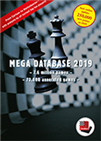 The "Mega" is the database every serious chessplayer needs. The database contains 7.6 million games from 1500 to 2018, in highest quality standard, full of top level analyses and completely classified.
The "Mega" is the database every serious chessplayer needs. The database contains 7.6 million games from 1500 to 2018, in highest quality standard, full of top level analyses and completely classified.Being curious, I made a file via ChessBase 15, with all the games played by Kurnosov (over 1100 of them!), and perused many while also reading the book and enjoying some on a physical chessboard.
Kursonov was a sharp player, and his games are pleasant for this reason, there are many tactics, like in the following position, how should White continue?
Try to play against the diagram!
Here is the full game for those curious to see how it ended:
I think we should all make lists of best games played by a famous player or a role model we want to learn from. I loved the following pair. The game against Mamedyarov can be found in the book annotated from page 123 onward and the game against Onischuk is annotated from page 121:
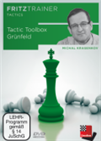 The most effective, timeproven way to develop tactical abilities, imagination, and the ability to calculate variations, is practice. The 69 exercises on this DVD are taken from grandmaster games and show tactical ideas that are typical for the Grünfeld.
The most effective, timeproven way to develop tactical abilities, imagination, and the ability to calculate variations, is practice. The 69 exercises on this DVD are taken from grandmaster games and show tactical ideas that are typical for the Grünfeld.
Opening ceremony of the 2010 Russian Superfinal in Moscow: Igor Kurnosov, Ilya Levitov, and future FIDE President: Arkady Dvorkovich
This book can also be an occasion to educate ourselves on the numerous Russian masters living we don't know anything about. For example on pages 22-23 we have GM Khasin (the patriarch of Siberian chess) who has trained many young GMs, and some of their names are mentioned too: Valery Filippov, Dmitry Bocharov, Pavel Maletin.
Here I'd like to offer a sample of games played against these strong Russian players, to better understand their play, and know more of the Chelyabinsk Meteorite:
There is also another pleasant experience reading games annotated by so many different commentators. One finds truths about chess which are not frequently told. On page 22 for instance: "Positions like these prove to be untenable for humans" and previously the same commentator a page earlier 21 wrote how for humans is difficult to sit and do nothing, while being attacked. By contrast, engines are masters at playing moves which don't worse the position, when under attack. One IM (with GM norms) in an interview mentioned how he studied engine games to learn this idea: play waiting moves when there was nothing to do, and thus avoid worsening the position.
The book comprises eight chapters, with a total of 50 annotated games. There are diagrams at critical moments in all games. Many pictures in black and white cover important moments of Kurnosov's life.
Pros and Cons
At least half of these games are not available in any database — reason enough to buy the book! I love my Megabase 2019, but the research of authors of books still has its use. The huge number of games one finds on Megabase 2019 are more than enough for a lifetime, but for certain some undiscovered gems, books are still an asset! Sometimes one can find an Opening Index, and while I honestly don't know if it's important, I couldn't find one in this book. In place of an index of the opponents, here there is list in the beginning as a table of contents.
There is another advantage for publishers who work with printing on demand. When a mistake is found it can be corrected, and it will not appear in the next book. For example on page 21 there is a comment which says: "White has full compensation for the pawn because his bishops are..." but there is only a lone bishop, so it should be changed to: "his bishop is...". If the publisher were locked into a thousand copy print run this mistake would live on until the next edition. But now, as soon as the publisher reads this review, he can correct the mistake, et voila we have a new and improved book.
Final Thoughts
Chess is a unique sport in which we can relive the events of the past through a players' games. Each games is immortalized in chess history. Often we also organize tournaments in memory of great players like Capablanca, Alekhine, Tal, etc. In 2016 there was the first Kurnosov Memorial — a rapid tournament with many high-level Russian players, which was reprised in 2017 and 2018. This book also keeps his memory alive, and through the annotated games we can glimpse the past. I hope more people will enjoy the games of this strong player as well as this book.
Links
